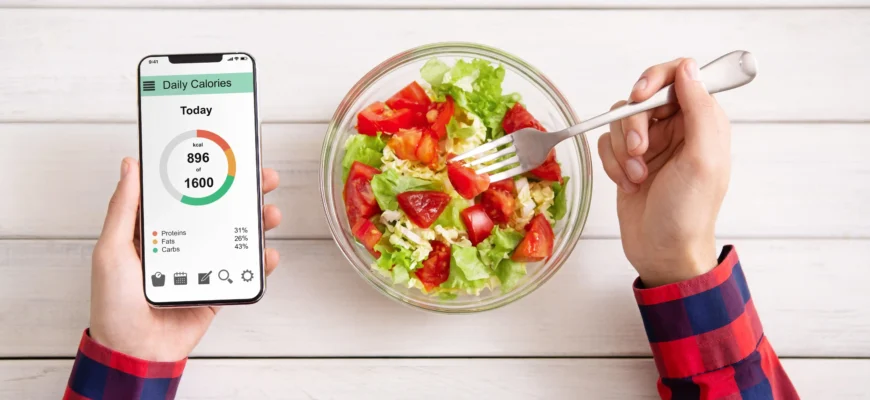To calculate calories burned, we need to account for various factors that influence how much energy your body expends during physical activity. The basic calculation involves a combination of your Basal Metabolic Rate (BMR) and the activity level.
First, BMR is the number of calories your body needs at rest to maintain basic functions like breathing, digestion, and cell production. You can estimate BMR using formulas like the Harris-Benedict equation, which considers your age, sex, weight, and height. Once you have your BMR, you can then factor in your physical activity using METs (Metabolic Equivalent of Task).
METs represent the intensity of different activities. For example, sitting quietly has a MET of 1, walking at a moderate pace has a MET of about 3.8, and vigorous exercises like running can go as high as 10 or more. To calculate calories burned, multiply your BMR by the MET value and the duration of the activity.
Here’s a simplified formula:
- Calories burned = BMR × MET × time (in hours)
However, it’s important to note that various factors such as fitness level, muscle mass, and overall health can affect the actual calories burned. Also, equipment like fitness trackers or heart rate monitors can provide more accurate estimations by tracking heart rate and exertion more precisely.

Many people overlook how small, everyday activities—like walking or cleaning—can also add up. But remember, even though these activities contribute, they won’t burn as much as high-intensity workouts.
Some common mistakes to avoid:
- Relying too much on generic estimates—each person’s metabolism is unique.
- Overestimating calorie burn from light exercises—every little bit helps, but don’t expect miracles.
- Ignoring recovery times, where the body continues to burn calories even after exercise (post-exercise oxygen consumption or EPOC).
And if you’re unsure of your specific needs or want to delve deeper into how your body is responding, consulting a fitness professional or dietitian can help you fine-tune your approach.

Opinions from different individuals:
- John (Age 52, USA): “I’ve found that fitness trackers give me a rough estimate, but I like to balance that with how I feel. Sometimes, it’s more about how I recover than how many calories I burn.”
- Maria (Age 35, Spain): “The calorie estimates always seem off for me, but I still find them useful for tracking progress over time. I’ve learned not to get bogged down by the numbers.”
- Ravi (Age 45, India): “I used to focus only on the big workouts, but now I see how everyday movement counts too—calories add up in ways I never imagined!”
- Linda (Age 60, UK): “At my age, I can’t push as hard as I used to, but I still try to stay active. Honestly, I think walking is underestimated in terms of how many calories it can burn.”
- Ayo (Age 28, Nigeria): “I’ve got an active job, so I don’t worry too much about calories from exercise. For me, it’s more about consistency and diet.”









